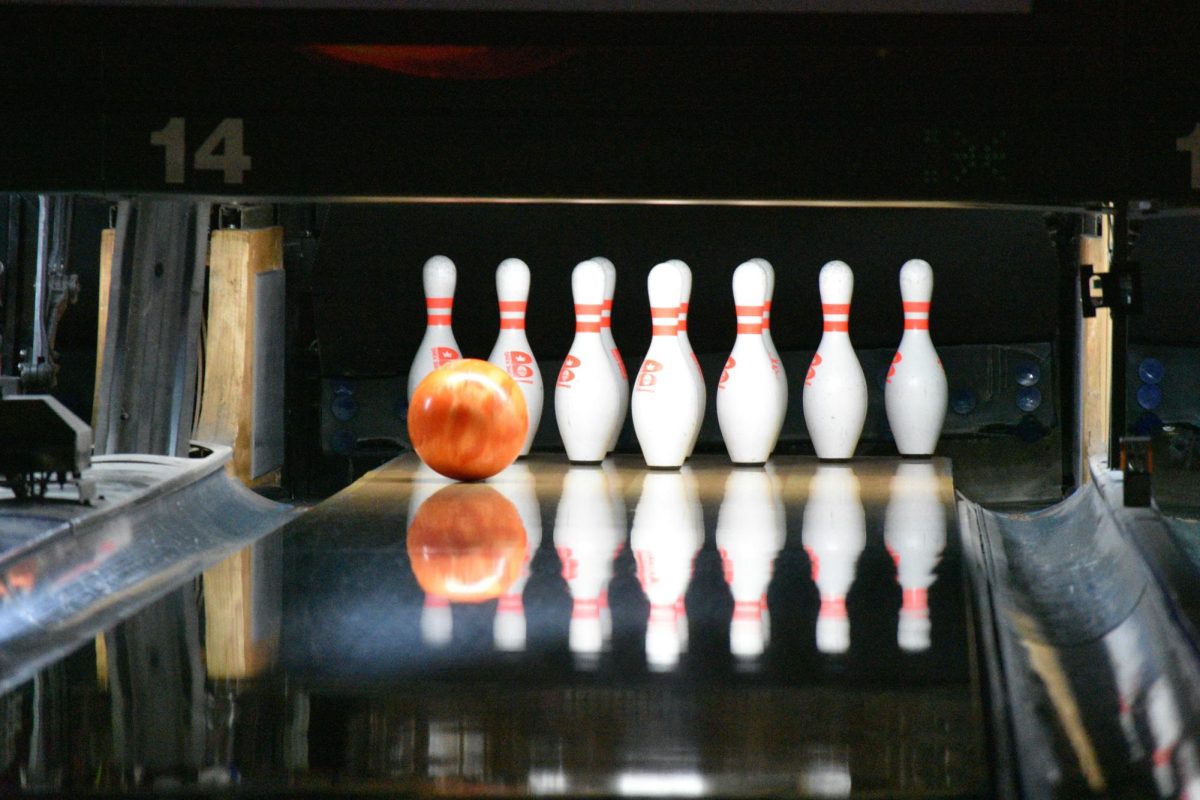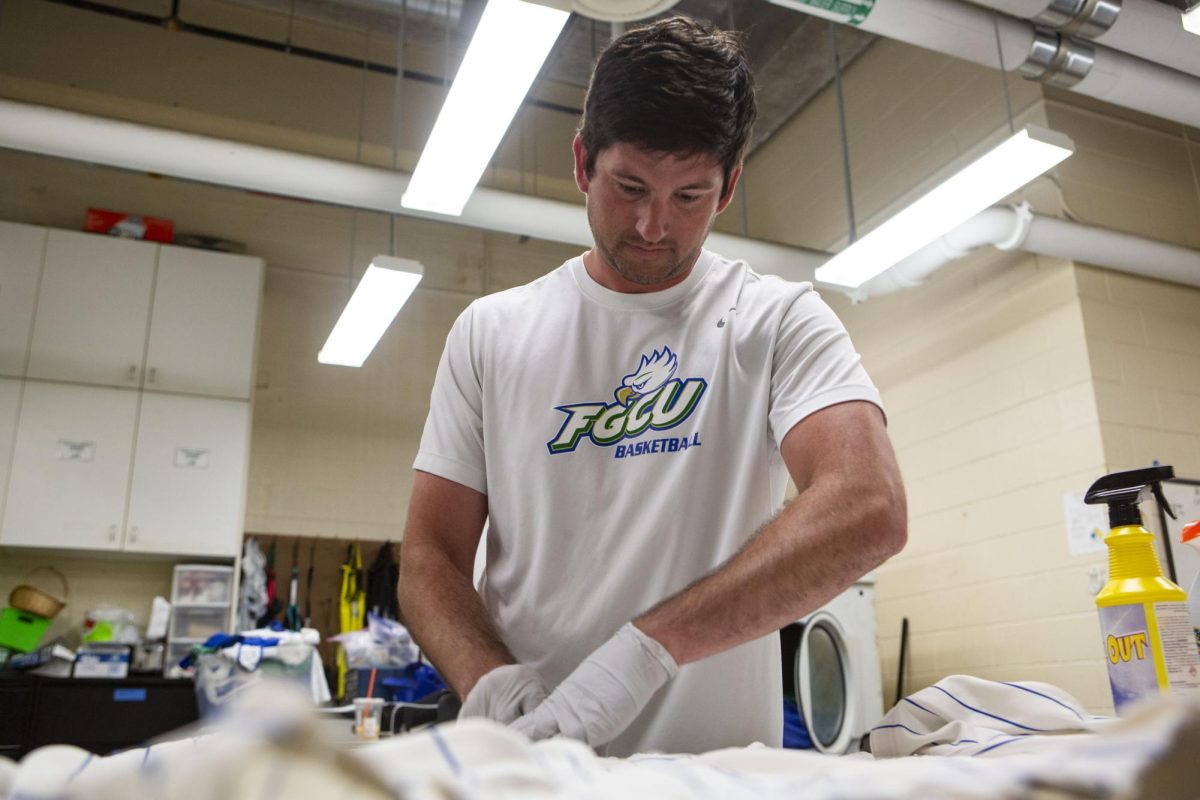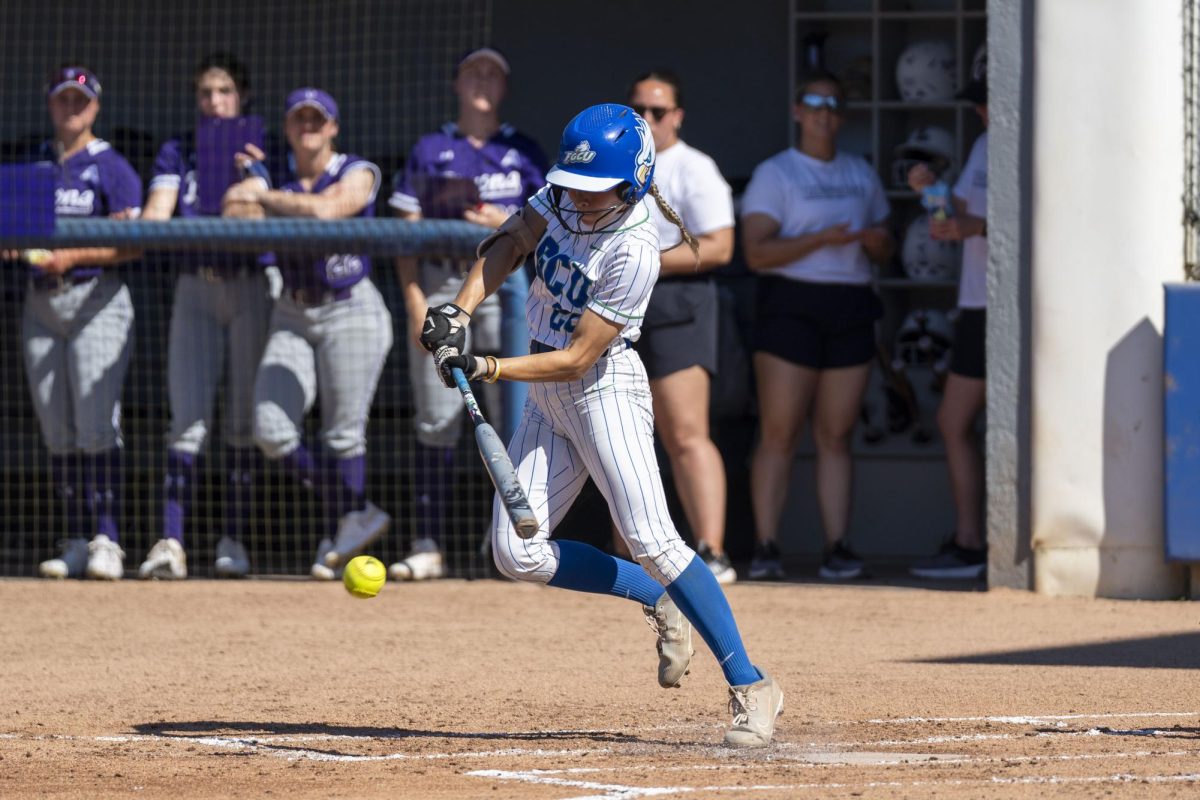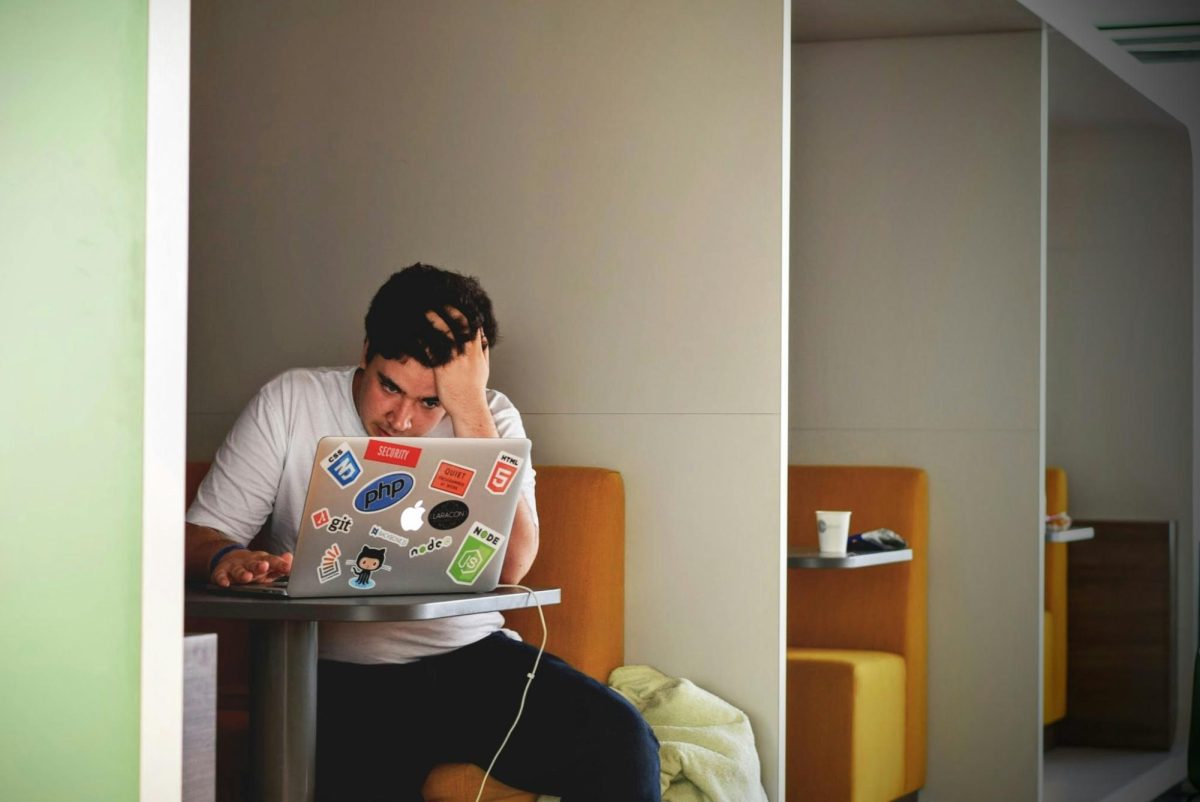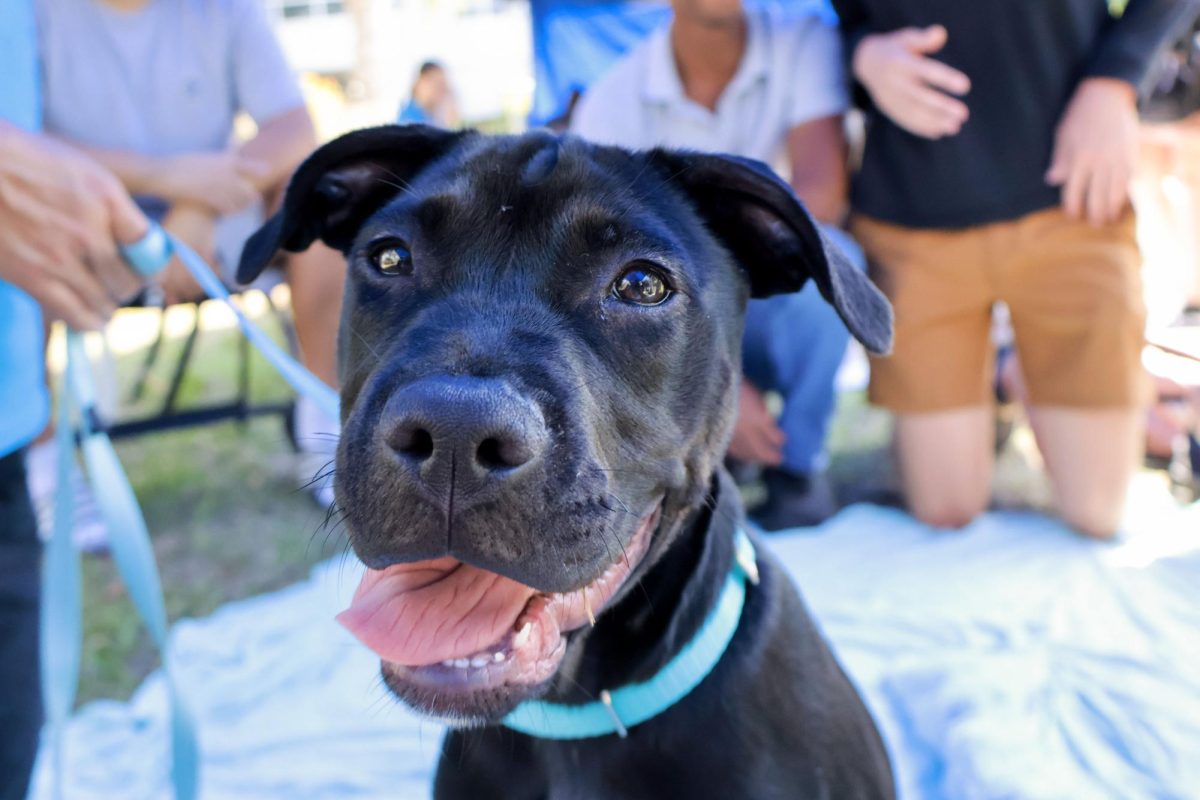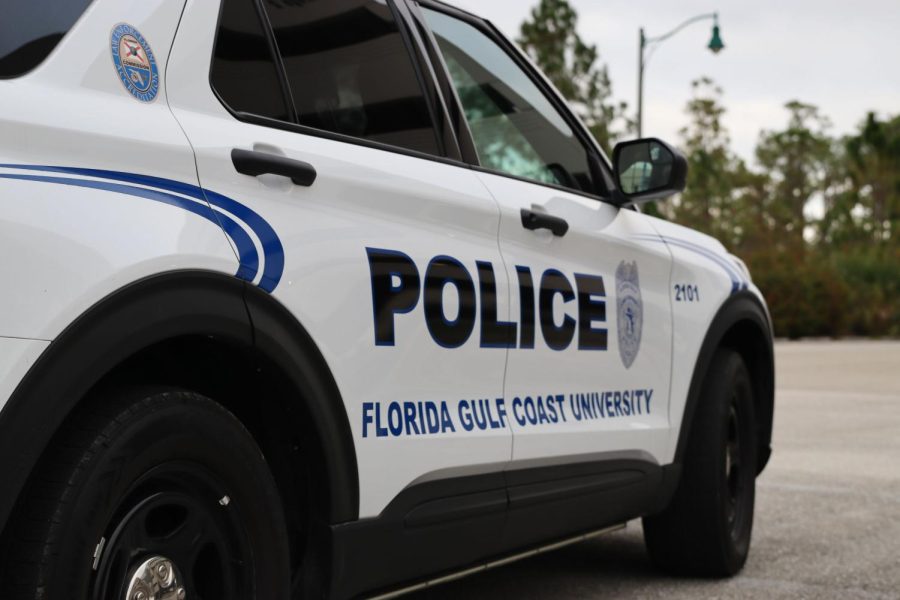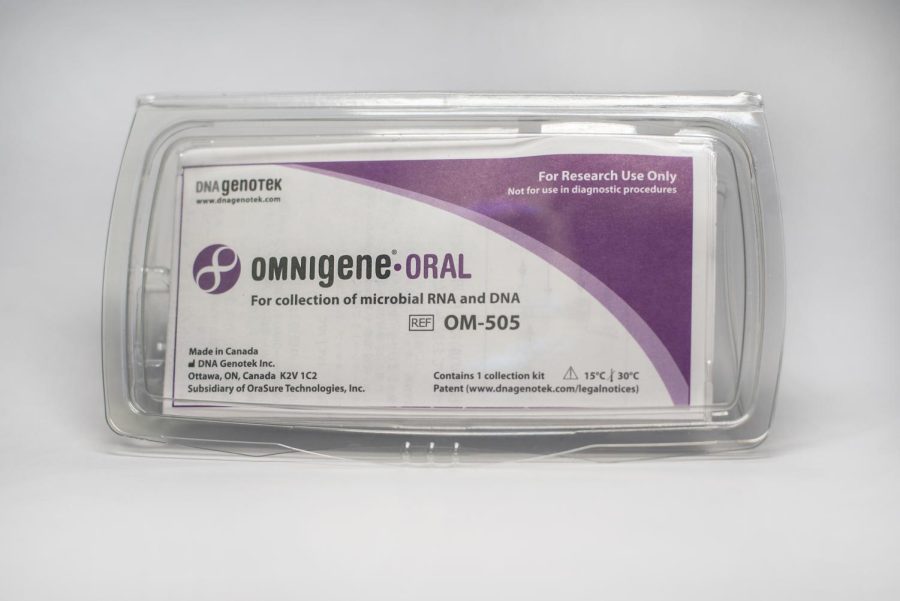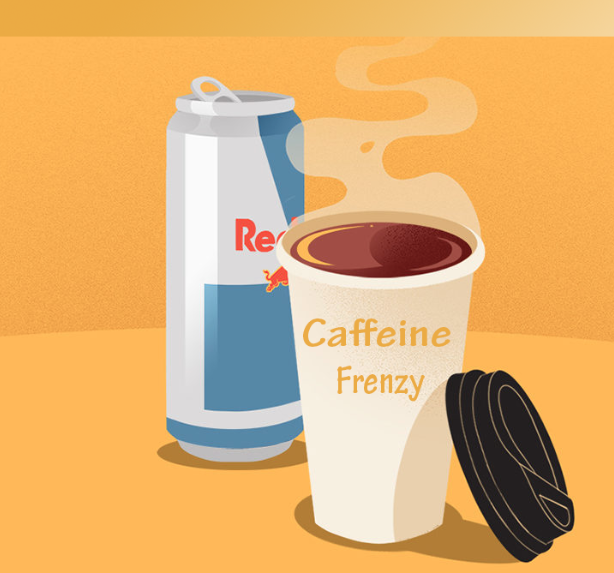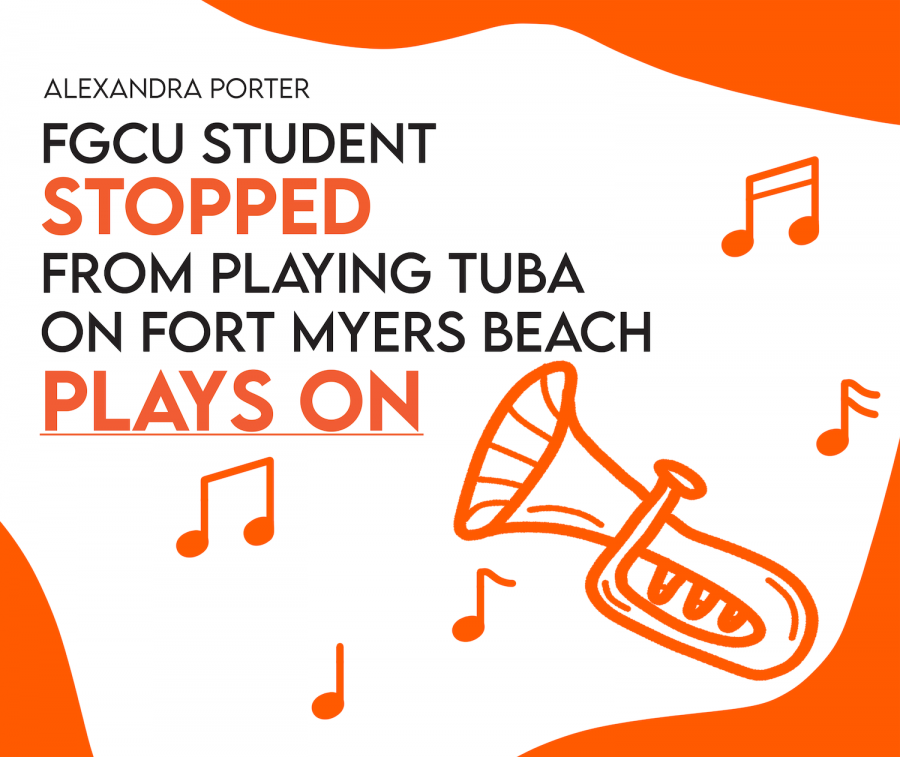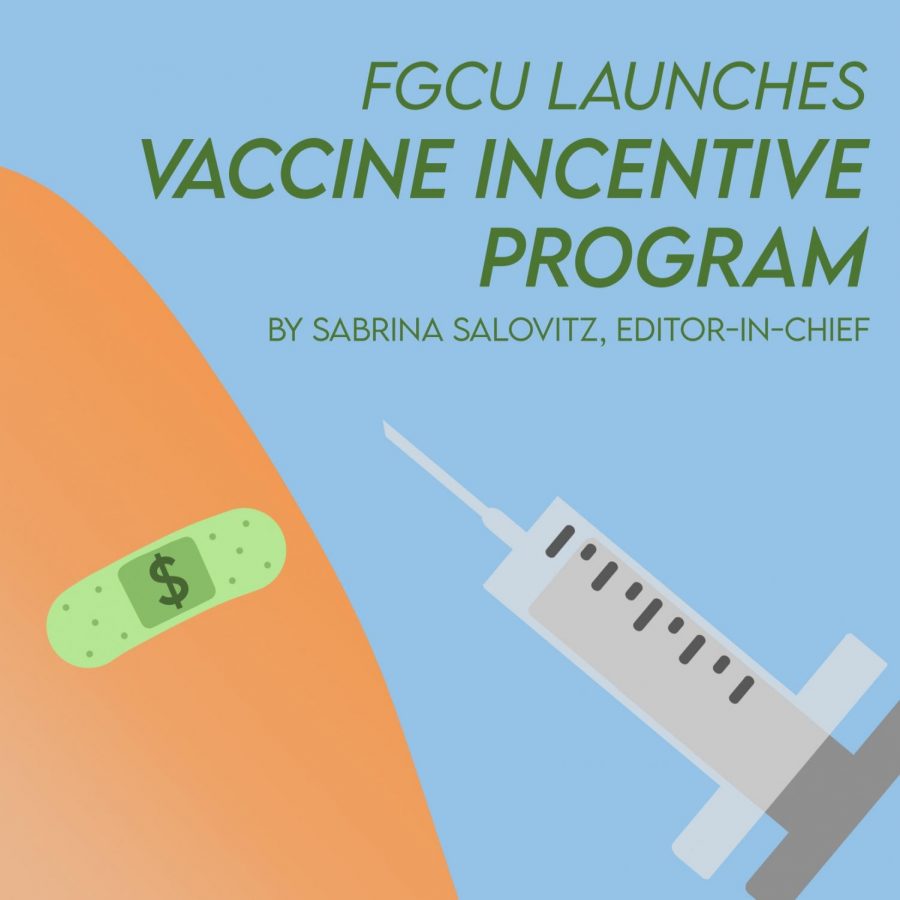Florida Gulf Coast University is now one few universities to have its own bioreactor.
In the summer of 2012, Alex Erlenbach first encountered the concept of anaerobic digestion, the breakdown of materials without the use of oxygen. Erlenbach approached Professor Simeon Komisar about obtaining one for the engineering program. Komisar then suggested building one rather than buying it. With a grant from Student Associates for a Greener Environment, or SAGE, the design and construction of the anaerobic digestion bioreactor began.After many hours, and help from Komisar and his lab manager Chris Bockrand, the bio reactor was completed. It began making biogas in late June of 2014.
The reactor is now located behind Holmes Hall. Currently it holds 50 liters of material, typically post-consumer food waste from the South Village dining hall. After the bioreactor completes its anaerobic digestion period of about 21 days, it creates compost used as fertilizer in the food garden, along with some biogas.
“If we were to scale up the design, and increase the amount of biogas we create, we could theoretically retrofit the propane grills used in the dining facilities on campus to use the biogas instead of propane,” Erlenbach said. “This would complete the cycle. Get the food waste from students, turn it into biogas, give them the biogas. Pretty sweet gig for them if you ask me.”
The bioreactor currently digests only plant-based materials, although Erlenbach said it could hypothetically digest anything. He also said that in order to optimize gas production, we need to keep the carbon/nitrogen ration at 30/1 but the food waste provides a ratio of about 20/1. In order to fix this, Erlenbach said, “We add shredded Eagle News newspapers to raise the ratio. I got the newspapers from the Eagle News office, with permission, and occasionally I read about what happened at FGCU in 2012.”
Although there are no current plans to upscale the bioreactor project, Erlenbach noted that eventually, “long after I’ve graduated”, they want to be able to handle most or all of the food waste produced by on campus dining. For now, “it’s just to prove that we can successfully maintain it.”






